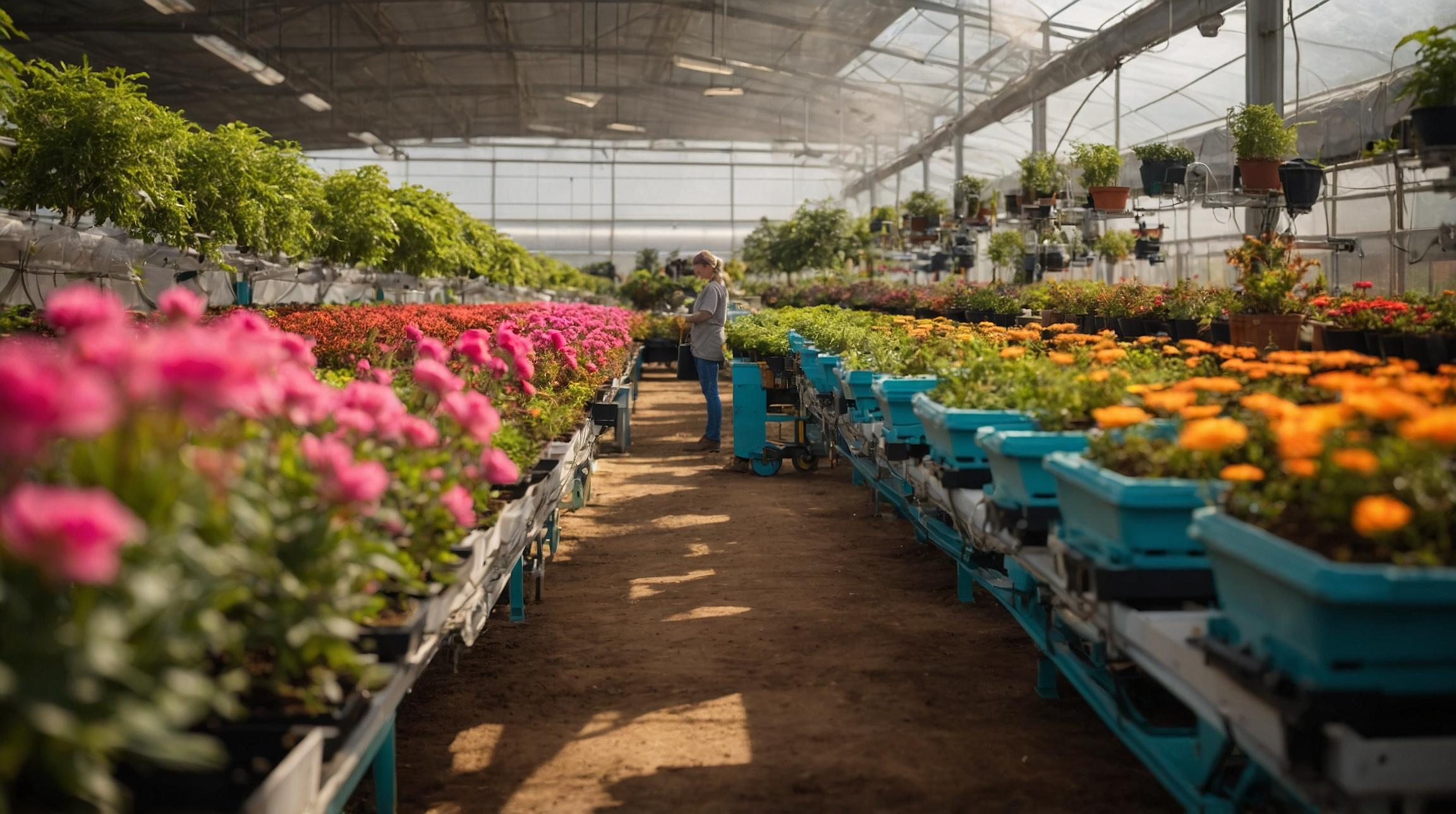Understanding the Role of Automation in Plant Nurseries
The University of Tennessee Institute of Agriculture (UTIA) has been awarded a significant grant to study the implementation of automation technology within the plant nursery industry. This initiative promises to transform how nurseries operate, enhancing both efficiency and productivity.
What is Automation Technology?
Automation technology involves using machines and software to perform tasks that typically require human effort. In the context of plant nurseries, this could mean using robots for planting, watering, and monitoring plant health. Imagine a robot that can water plants at the precise time they need it, reducing waste and ensuring optimal growth.
The Need for Innovation in the Nursery Industry
The plant nursery industry, while crucial for landscaping and agriculture, has traditionally relied on manual labor. This reliance can be both time-consuming and costly. By integrating emerging technologies, nurseries can reduce their dependence on manual labor, increase efficiency, and lower costs.
Modern technological innovations, such as sensors and AI-driven analytics, can track plant growth conditions in real-time, allowing for data-driven decisions that optimize plant health and yield.
Benefits of Automation for Nurseries
Implementing automation can lead to numerous benefits:
- Enhanced Productivity: Automated systems can operate continuously without the need for breaks, significantly increasing output.
- Cost Reduction: By minimizing manual labor, nurseries can cut down on labor costs.
- Consistency and Precision: Automated processes ensure that tasks such as watering and fertilizing are done consistently and accurately, improving plant quality.
The Future of Plant Nurseries
With this grant, UTIA researchers will explore how automation can be best integrated into nurseries. They will study the types of technologies that work most effectively and how they can be implemented across different nursery operations. The insights gained from this research could lead to groundbreaking changes in how nurseries function not just in Tennessee, but globally.
According to industry reports, the global plant nursery market is expected to grow significantly over the next few years, driven by increased demand for plants and landscaping. By adopting automation, nurseries can better meet this demand while ensuring sustainable practices.
In conclusion, the UTIA's initiative represents a crucial step towards modernizing the plant nursery industry. As the world moves towards more sustainable and technology-driven solutions, such advancements could pave the way for a more efficient and innovative future.













